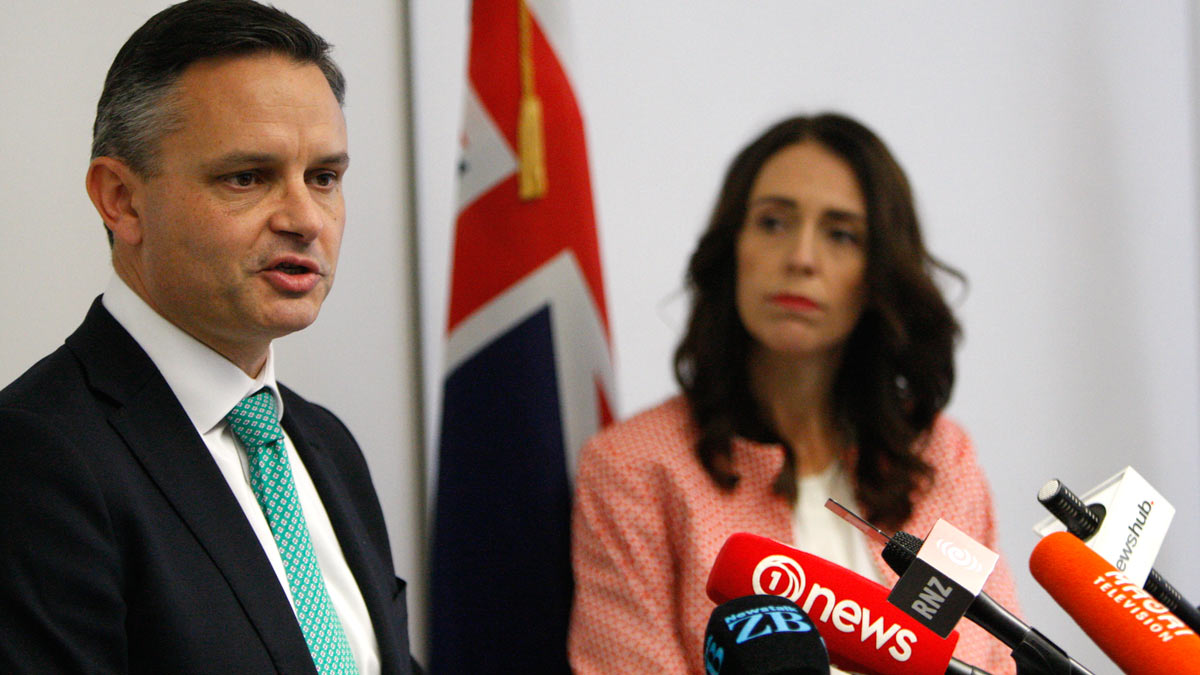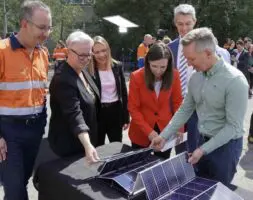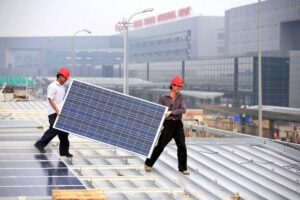New Zealand has set its first carbon budgets, limiting the country’s carbon dioxide emissions and setting a path to a zero carbon target for 2050.
The Ardern cabinet endorsed the setting of three carbon budgets, providing for a phased reduction in national carbon dioxide emissions, which climate change minister James Shaw said would contribute to fulfilling New Zealand’s contribution to the Paris Agreement goals.
“In the last term of Government we passed legislation that enshrined in law a long-term target to reach net-zero by 2050,” Shaw said.
“To keep all future Governments on track towards meeting the net-zero goal, the Zero Carbon Act established a system of five-yearly emissions budgets that would act as stepping stones towards the 2050 target.”
“The first three emissions budgets that I am announcing today will ensure New Zealand is playing its part fully in the worldwide effort to keep global warming to 1.5 degrees,” Shaw added.
Shaw said that budgets had been set out to 2035, under which New Zealand will need to achieve average annual carbon dioxide emissions of 72.4 million tonnes between 2022-25, an average of 61 million tonnes during the period 2026 to 2030 and an average of 48 million tonnes between 2031 and 2035.
The reductions will see New Zealand cut its carbon dioxide emissions by around 35 per cent by 2035, compared to its average during the 2017 to 2021 period – and a similar proportion compared to 2005 emissions.
In 2019, New Zealand legislated a formal commitment to reaching zero carbon dioxide emissions by 2050, but it has set separate drafts for methane emissions in an effort to shield the agricultural sector, which makes up a large part of New Zealand’s economy.
Under this legislation, the New Zealand government is required to outline a series of at least three carbon budgets, one governing the current five-year period and a further two prospective targets.
“Meeting the budgets will help to create new industries and high-value jobs; lower household energy bills; a more climate-friendly agriculture sector; warmer, drier homes; exciting new technologies; the protection of native species and eco-systems; cost savings for businesses; and greater resilience in the face of increasing global uncertainty,” Shaw said.
“Today’s announcement means our net-zero future is closer than ever before. There’s much more to do, but having these binding budgets in place is a critical part of our strategy to rapidly cut out the pollution that causes climate change.”
As part of the process of setting the carbon budgets, they will be subject to a dedicated debate in the New Zealand parliament, as was the recommendation of New Zealand’s independent Climate Change Commission.
Shaw has served as New Zealand’s climate change minister since 2017 as part of a power-sharing arrangement between NZ Labour and the NZ Greens.
Shaw was retained as climate minister, despite NZ Labour securing a parliamentary majority in 2020 – perhaps serving as a model of what may be achieved in Australia following its own forthcoming federal election.
Shaw said the setting of the budgets would help drive down New Zealand’s emissions, while supporting investment in new industries, and a detailed Emissions Reduction Plan would be released later in May that would set out how the targets would be achieved.
Shaw added that he would announce the first funding commitments under the $4.5 billion Climate Emergency Response Fund on the same day, which redeploys funds paid by greenhouse gas polluters under New Zealand’s Emissions Trading Scheme.
“The actions taken by our Government over the last four and a half years have already reduced the trajectory of our future emissions. But we know there is much more we must do to really bend the curve downwards until we hit net-zero,” Shaw said.
“That is why the Emissions Reduction Plan I will publish next week is so important – because it requires nearly every part of Government to act to reduce emissions right across the country and to ensure all New Zealanders benefit from the transition”.
“The Emissions Reduction Plan will be a blueprint for a more equitable, more prosperous, and more innovative future – and all within planetary limits,” Shaw added.










